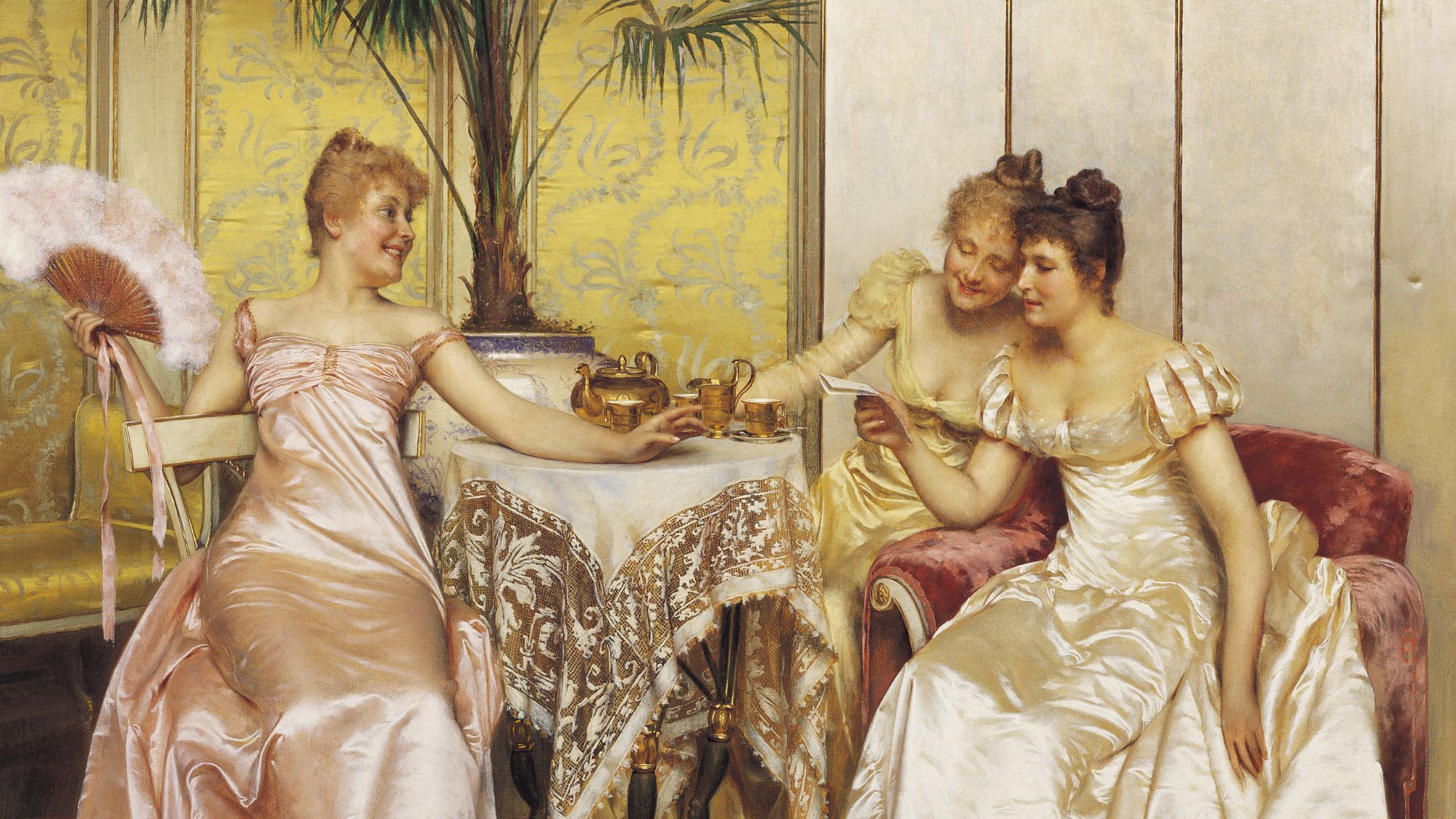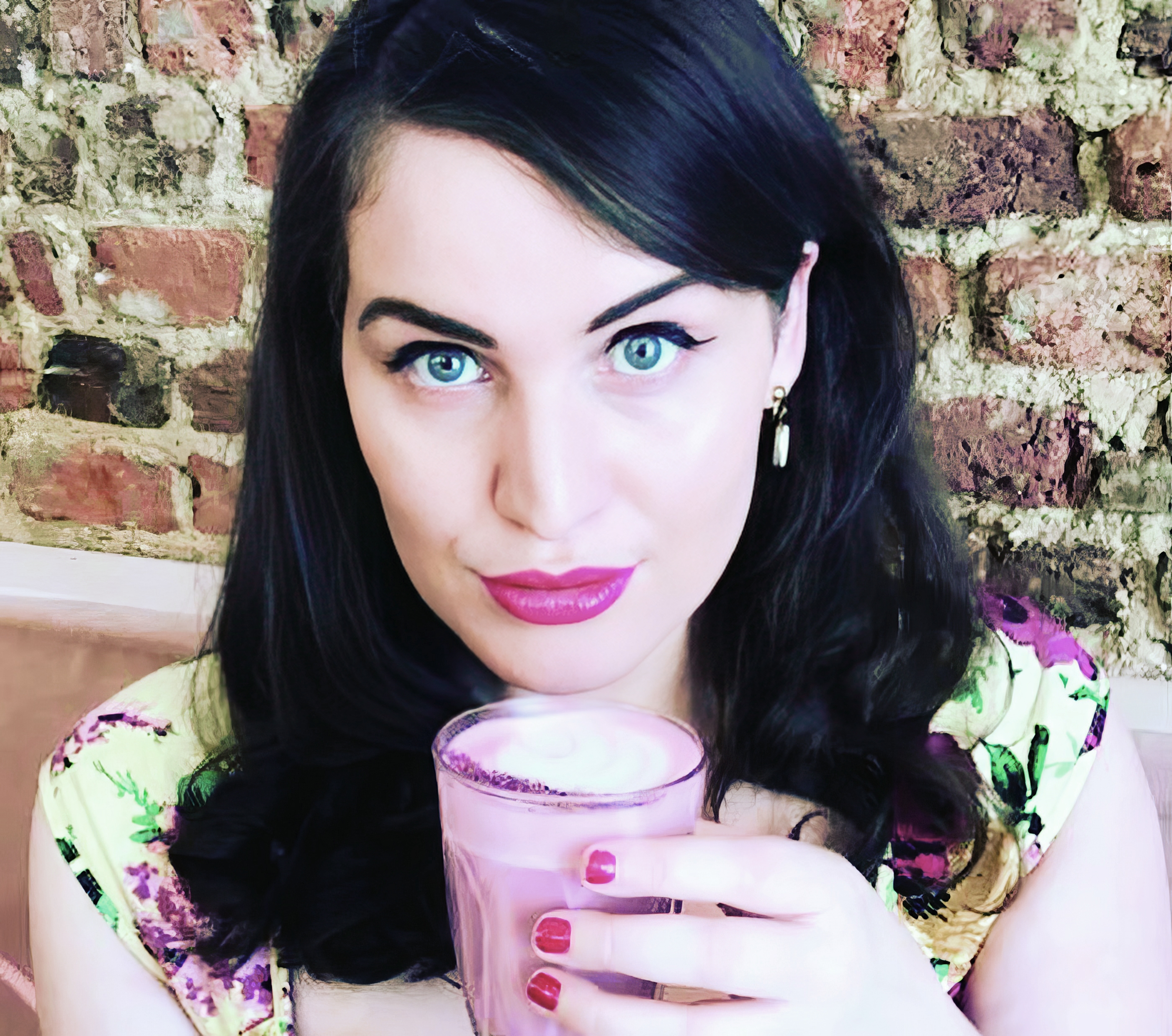I was told I was too girly to be gay — When will society stop judging women on how we look?
Why femme invisibility is a feminist issue


“Tits!” “Big tits!” “Show us your big tits!” Ah, the soundtrack of my youth. I woke up one morning in my thirteenth year and made a shocking discovery: seemingly overnight, puberty struck two mighty and devastating blows. My previously flat chest has erupted and I am suddenly in possession of a set of alarmingly hefty new boobs. My newly formed curves prompt an onslaught of catcalls from intimidating men in the streets. You know how society assumes we are all straight by default? Well, in my case, society takes one look at my knockers and assumes I’m not just straight, but “absolutely gagging for a fella”. How wrong they are.
Growing up in the 90s and 00s I am, like every other woman, used to being bombarded with unwanted commentary about my body, face and clothes, fuelled by patriarchal messages, sexist stereotypes and harmful media. I quickly learn that my looks are up for public debate and ridicule, ranging from casual yet stinging remarks to verbal abuse and physical harassment. Without having asked for anyone’s opinion on the matter, I am informed that I am too fat, not pretty enough, embarrassingly dressed, “asking for it” and much, much worse.
Due to my feminine appearance, during my teens and twenties, I was repeatedly told I must be a “maneater”. People brand me “slutty” because of my body shape, but also “frigid” when they find out I don’t actually want to sleep with guys. The one thing I am never labelled is the thing I know in my bones to be true but dare not say out loud. Despite everyone being so full of opinions about me, nobody ever guesses I’m a lesbian.
The first time I come out to anyone, after a shame-drenched decade languishing deep in the closet, I deliberately keep the stakes low. I tell someone I’ll never see again, a random woman I meet while waiting to be served on a night out. We’re both extremely bored and mildly inebriated, her enough to strike up a conversation with a stranger, me enough to confess my most closely guarded secret. Nervous adrenaline pumping through my veins, I mention — ever so casual, ever so matter-of-fact —that I have a girlfriend. I’m trying to act like this is no big deal, but the truth is for me, it’s huge. I have never said these words before.
I brace myself for her reaction. How will she respond to my life-changing revelation? She sniggers: “No, you don’t.” This is the first time someone cannot fathom the facts of my identity, but it won’t be the last. To many, the idea that a woman who looks like me could be gay is preposterous and, in this instance, literally laughable.
Is it so big a leap to consider that a girl who is really into girly stuff might also be into girls?
This is femme invisibility in action. An infuriating motif of my life, femme invisibility describes the sexist and homophobic assumption that all women who look feminine must be straight. In reality, my loving lipstick and pink dresses in no way diminishes my loving women.
Femme invisibility can, at times, be almost farcical. It’s a ridiculous merry-go-round of me trying frantically to conceal my sexuality, then finally plucking up the courage to reveal it, only to be told I’m mistaken, so I then have to double down and try extra hard to convince them of the exact thing I was previously trying so desperately to hide.
Celebrity news, beauty, fashion advice, and fascinating features, delivered straight to your inbox!
I can’t help wondering why I bothered being so discreet for all those years. Why did I sneak about for secret sapphic rendezvous and manufacture “crushes” on Peter Andre? My long hair provided the ultimate decoy all along. I could have been merrily snogging women, front and centre at every Pride parade, and onlookers would have assumed we were just gals being pals. Is it so big a leap to consider that a girl who is really into girly stuff might also be into girls?
I am not alone. As women, whatever our sexuality, we know how it feels when other people make unwanted comments about our looks. Femme invisibility is a feminist issue, as is butchphobia (prejudice against butch people). It all stems from the same set of limiting beliefs about what a woman can and should be. It’s the same old sexism, just with added homophobia. These misogynistic stereotypes are hurting all women.
Flash forward to the present day and I know from firsthand experience, and many years spent trying to persuade sceptics of my homosexuality, that these outdated attitudes live on. I still find myself having to justify the validity of my existence as a femme lesbian, despite the fact that I am now the editor-in-chief of DIVA, the world’s leading sapphic magazine, and the author of a queer coming-of-age memoir, What A Girl Wants: A (True) Story Of Sexuality And Self-discovery.
Through my work and in my friendships, I often speak to other women who are grappling with these issues today, whether it’s femme invisibility, damaging messages in the media or being harassed because of how they look. So why, in 2025, are women of all sexualities still being subjected to this crap? I’ve endured a lifetime of it and it needs to stop now. Young women must be allowed to grow up without the constant commentary and harmful assumptions. It’s time for all of us, no matter how we identify, who we fancy or what we look like, to be allowed to be our full selves. All women deserve to feel safe, seen and celebrated. At the very least, we should be able to walk down the street in peace.

Roxy Bourdillon is an award-winning writer and the editor-in-chief of DIVA